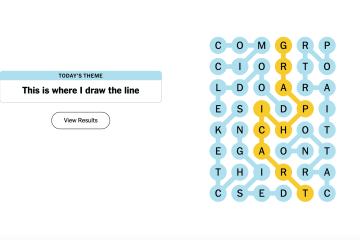No Kings: The Rise of Anti-Monarchist Sentiment in Canada

Introduction to the Anti-Monarchist Movement
The topic of monarchy has been rife with debate, particularly following the death of Queen Elizabeth II and the ascension of King Charles III. The conversation surrounding the relevance of monarchies, especially in countries like Canada, where the British monarch remains head of state, has gained significant momentum. As anti-monarchist sentiments rise globally, discussions about the future of Canada’s connection to the Crown are more pertinent now than ever.
Current Events Highlighting Anti-Monarchism
Recent events have sparked discussions across various platforms, including social media, universities, and political arenas about the necessity and relevance of a monarchy in a modern democratic society. Activist groups like ‘No Kings’ have emerged, campaigning for a republic devoid of a monarchy, citing issues of colonialism and systemic inequality inherent in royal institutions.
Protest actions have taken place in various Canadian cities, including Toronto and Vancouver, where activists voice their concerns about the monarchy’s role in colonial history and its ongoing implications for Indigenous peoples. In some regions, public opinion surveys indicate a growing preference for parliamentary sovereignty over the ceremonial role of the monarchy.
The Impact of Recent Royal Events
The transition of the monarchy—from the beloved Queen Elizabeth II to King Charles III—has not only fueled support for the monarchy but has also intensified the ‘No Kings’ movement. Critics argue that the royal family represents outdated ideals and that the monarchy does not reflect the multicultural identity of contemporary Canada.
In the Quebec region, many citizens have long viewed the monarchy with skepticism, influenced by historical ties to French and British colonialism. In New Brunswick, recent debates in the provincial legislature have centered around whether to replace the monarch with a more democratic head of state, a conversation that may influence upcoming elections.
Conclusion: What Lies Ahead for the Monarchy?
The future of the monarchy in Canada remains uncertain. Although there is a visible push from anti-monarchist movements, a significant portion of the population still holds allegiance to the institution. Looking ahead, it will be pivotal for the voices within the ‘No Kings’ campaign to galvanize support if they wish to effect change. As dialogues evolve, the significance of these movements exemplifies a broader discourse on national identity, governance, and the importance of reflecting on historical injustices.









